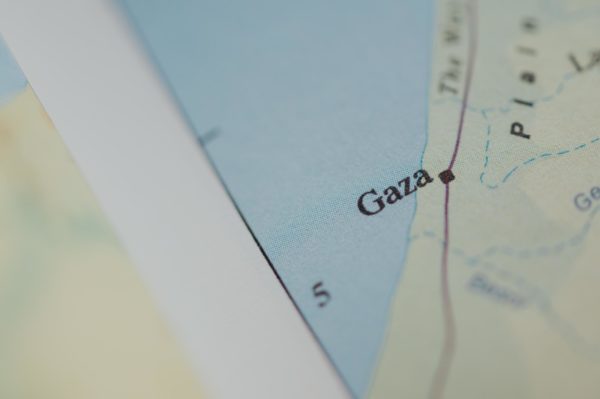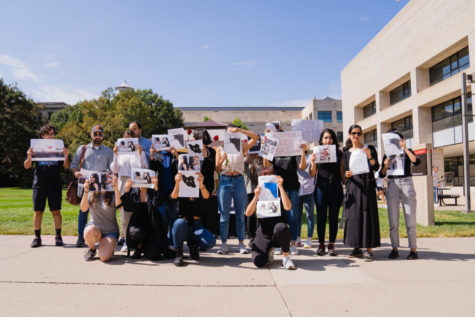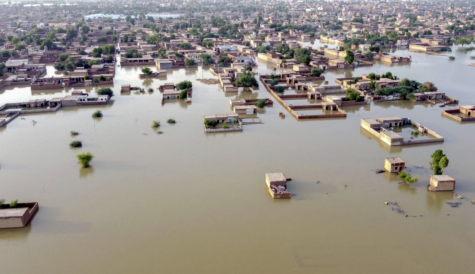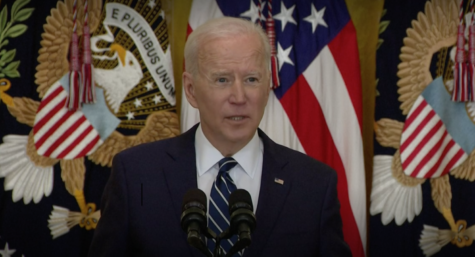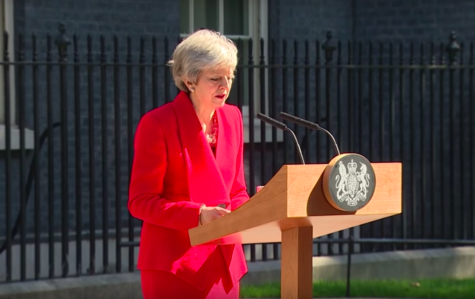Kerry visits South Korea amid North Korea’s nuclear threats
April 12, 2013
SEOUL, South Korea (CNN) — Secretary of State John Kerry said Friday that the United States is prepared to enter into talks with North Korea, but only if it is serious about negotiating the denuclearization of the Korean Peninsula
Kerry is in Seoul meeting with South Korean Foreign Minister Yun Byung-se amid heightened tensions spurred by North Korea’s recent nuclear threats and provocations.
He landed in Seoul, about 30 miles from the demilitarized zone separating the two countries. The Korean peninsula is rife with tensions over the belligerent threats issued by Pyongyang.
The United States will defend itself and its allies if needed, Kerry said.
“North Korea will not be accepted as a nuclear power,” he said at a news conference with Yun. “The rhetoric that we are hearing is simply unacceptable.”
Pentagon intelligence assessment suggesting North Korea may have the ability to deliver a nuclear weapon on a missile has set off a flurry in Washington, with top officials trying to play down concerns about the capabilities of the Pyongyang regime.
The Pentagon’s intelligence arm has assessed with “moderate confidence” that North Korea has the ability to deliver a nuclear weapon with a ballistic missile, though the reliability is believed to be “low.”
First disclosed by a congressman at a hearing Thursday and then confirmed to CNN by the Defense Department, the assessment by the Defense Intelligence Agency is the clearest acknowledgment yet by the United States about potential advances in North Korea’s nuclear program.
The United States calculates that a test launch of mobile ballistic missiles could come at any time. But a senior administration official said there is no indication that missiles that North Korea is believed to be readying for tests have been armed with any nuclear material.
The surprising development comes amid heightened tensions on the Korean Peninsula. North Korea has unleashed a torrent of dramatic threats against the United States and South Korea in recent weeks, including that of a possible nuclear strike.
Kerry’s Asia trip will include visits to China and Japan. The tour comes at a time when all three countries have new leaders.
It’s the first time the Obama administration is engaging with all three countries in the same trip, the State Department said.
The top U.S. diplomat’s trip comes days after he warned the North on what he calls leader Kim Jong Un’s “provocative … dangerous, reckless” rhetoric and actions.
China, U.S. officials say, is growing more concerned about the North’s provocations, but it also is closely watching Washington’s latest military moves in the region.
Kerry will try to convince leaders in Beijing that Pyongyang is “putting China’s own interests at risk,” a senior administration official said.
Pyongyang’s provocations are the immediate threat, but the Obama administration’s “pivot to Asia” has broader strategic implications for Beijing.
Throughout his Asia swing, Kerry will have to balance his short-term and long-term diplomatic objectives.
“Secretary Kerry can reassure regional states that, as a Pacific century dawns, the United States will continue to be right in the middle of it and will not allow any power to edge the United States out of a region where nearly every country welcomes its leadership,” said Daniel Twining, the German Marshall Fund’s senior fellow for Asia.
“He should also make clear that the United States will not countenance aggression against any territory covered by the U.S.-Japan Security Treaty and commit to working closely with Japan to meet security challenges across Asia, starting with North Korea.”






